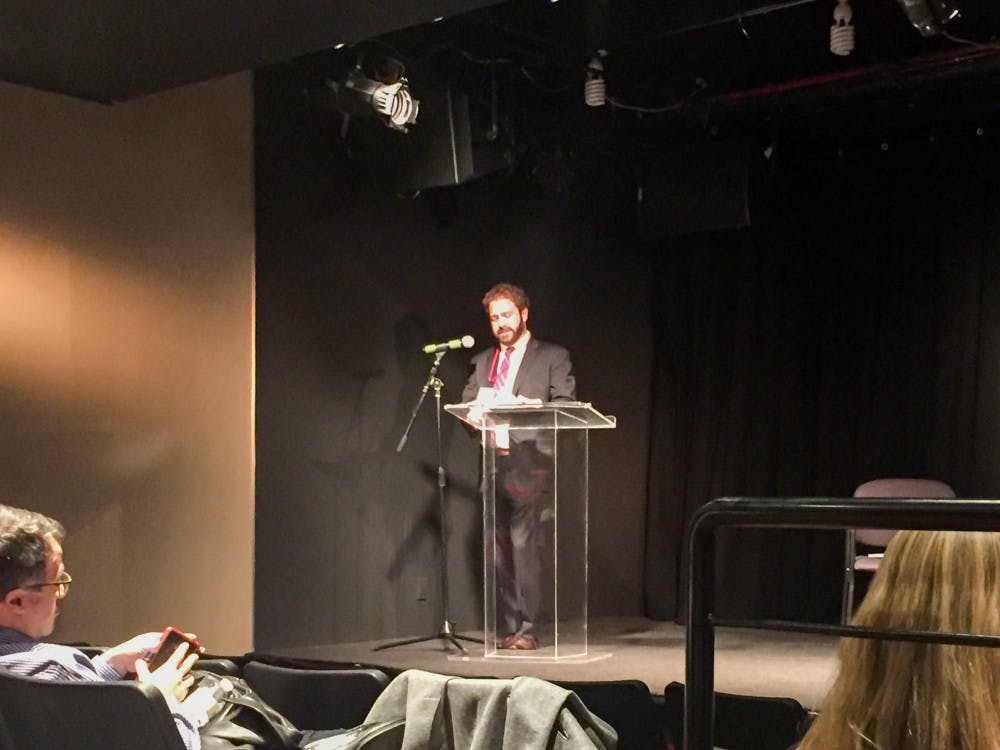Evertrue Ventures, a network that aims to connect student entrepreneurs with alums who can provide mentorship and investment, launched this month.
Michael MacCombie ’11 created Evertrue Ventures after noting a lack of resources to help students grow their startups after they leave Brown, he said. The University offers resources to help students start projects but provides less support than other Ivy League schools in helping students grow their ventures post-graduation, MacCombie added.
The University’s current programs are geared toward helping students learn how to start their own companies but do not provide help with finding funding once they take off, said Adam Alpert ’17, co-founder of Pangea, an app that helps students communicate and advertise their skills.
“As an entrepreneur at Brown, it’s hard to know where to start” with company funding, Alpert said. “There aren’t many existing structures to connect you with Brown alumni for investment, and thinking about finding company funding can be a daunting and stressful process,” he said. Those resources are very limited, but Evertrue Ventures “fills a need that is not being met,” he added.
The support that Evertrue Ventures offers students and young alums is necessary given the recent glut of “entrepreneurial activity” on campus, MacCombie said.
This progress is not surprising given that students here are “entrepreneurial by nature,” said Valentin Perez ’18, president of the Brown Entrepreneurship Program. Many students are attracted to Brown by its open curriculum, which fosters “creativity and independence” and is entrepreneurial by definition, he added.
Daniel Warshay, executive director of the Jonathan M. Nelson Center for Entrepreneurship, also expressed this point of view. “The entrepreneurship center is in some ways a reflection of the inherent entrepreneurial features” embedded in Brown’s culture, Warshay said. “We think of entrepreneurship as a methodology to help solve problems. If you think about it in that way, then it has very wide and broad applications” that transcend working in business, Warshay said.
The Center for Entrepreneurship is meant to be an “honest broker and supporter of all students,” Warshay said. Because of this, the center cannot formally be involved in the investment process or make or manage investment portfolios, but it encourages students to meet with external entities, like Evertrue Ventures, for support, he added.
Companies like Evertrue can encourage more collaboration within the entrepreneurial community at Brown and “help students pursue entrepreneurship as an actual career path,” Perez said.





